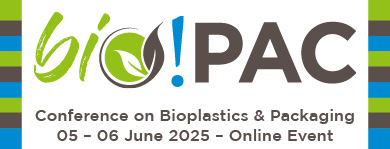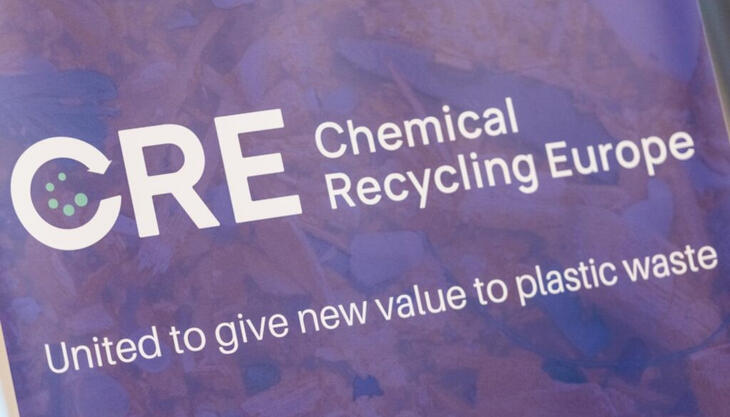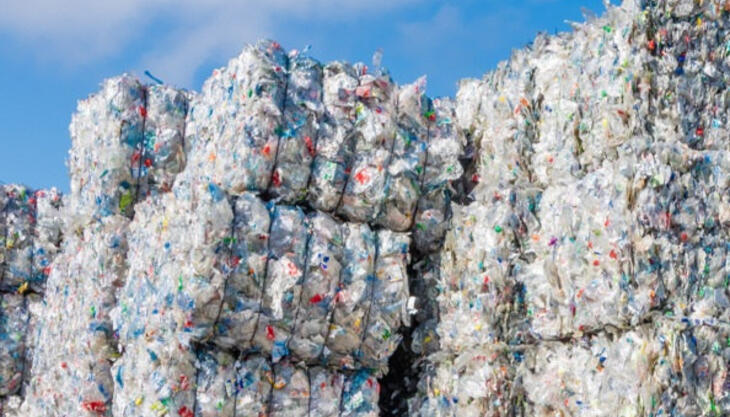Towards zero plastics to the oceans
What do we know about marine litter? What policies are being implemented to prevent marine litter and create a circular economy? What is the role of the plastics industry in reducing marine litter? These and other equally challenging questions were on the agenda of PolyTalk 2016, a two day conference organised by PlasticsEurope in Brussels on 16-17 March. With the title "Zero Plastics to the Oceans” the event gathered more than 250 high-level representatives from the world of politics, industry, NGOs, media, science and academia to discuss solutions to marine litter.
"Marine
litter is a global challenge that needs a global solution. We want to find the
right answers to marine litter because our aim is for zero plastics entering
the oceans”, said Patrick Thomas, CEO of Covestro and president of
PlasticsEurope. "The plastics industry is an important industry to Europe.
We have a key role to play in providing leadership and best practice. We all
share the same goal: to protect the environment”, he stated.
"This is one of the clear symbols of a resource inefficient economy” said Marianne Wenning, deputy for Quality of Life, Water & Air, DG Environment, European Commission. "The plastics industry has taken steps to raise this issue. However, we need to increase our efforts and address the challenge. The Circular Economy Package is an important tool in this respect”, she expressed.
Andrew Morlet, CEO of the Ellen MacArthur Foundation acknowledged the importance of plastics to the broader economy. However, to address leakage and marine litter, there is a need for a fundamental shift in the plastics economy. "We need a global collaboration initiative that matches the scale of the challenge and the opportunity”, he said.
Solutions at regional level were highlighted by Bart Tommelein, secretary of State for the North Sea, Federal Government, Belgium, who explained the efforts made at local level in the North Sea. "We are undertaking several actions, for instance, next weekend, in the Belgium coast; there is a beach clean-up initiative in partnership with Eneco”.
The Turkish
deputy minister of Environment and Urbanisation, Mehmet Ceylan also highlighted
the need for a global action. "The sea and ocean waste is a mobile waste
and actions at local level will not be sufficient. Today, Turkey’s government
is working together with key stakeholders such as Pagev, the Turkish plastics
industry foundation, to prevent waste ending up in the marine environment”, he
emphasised.

















